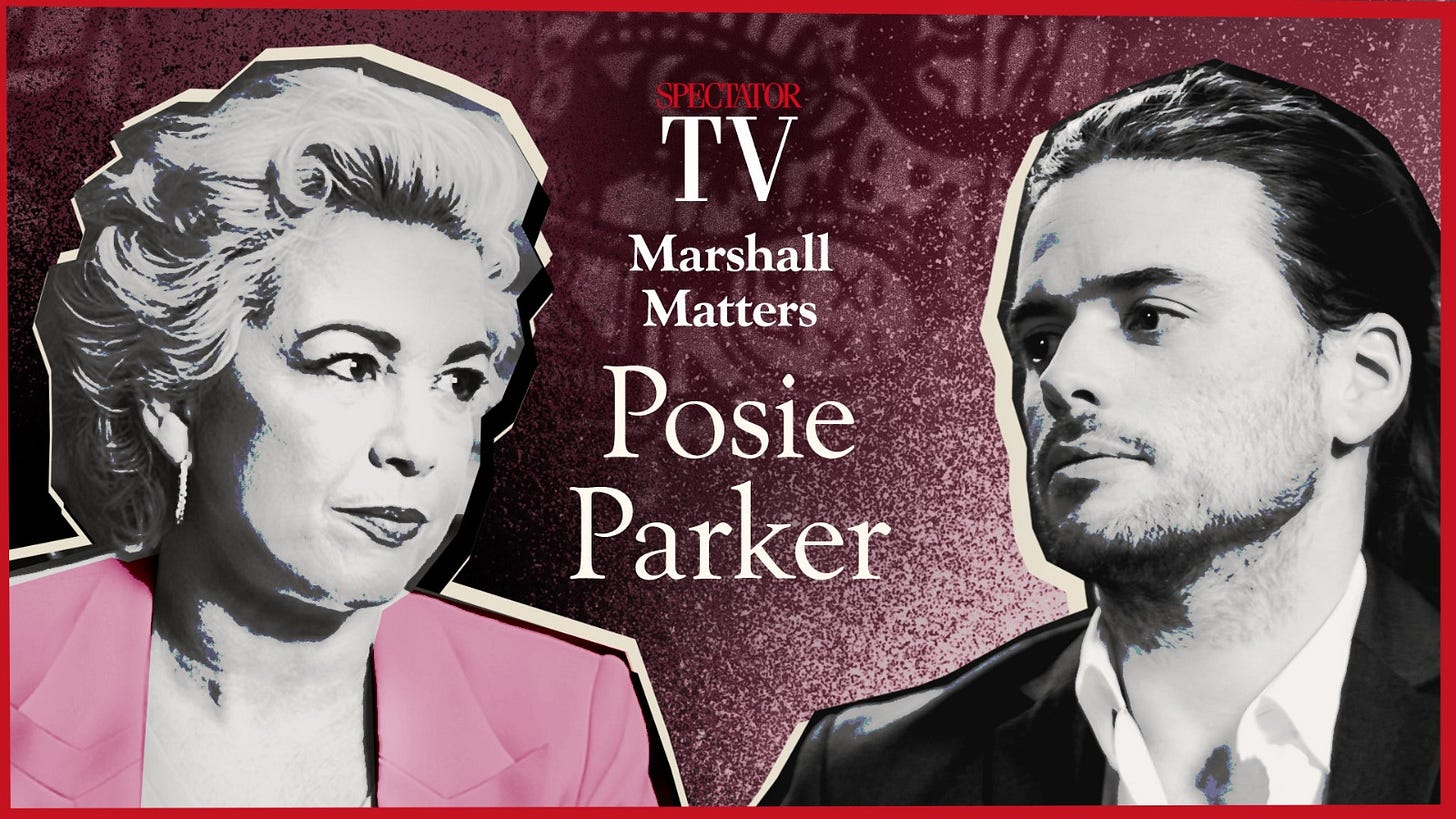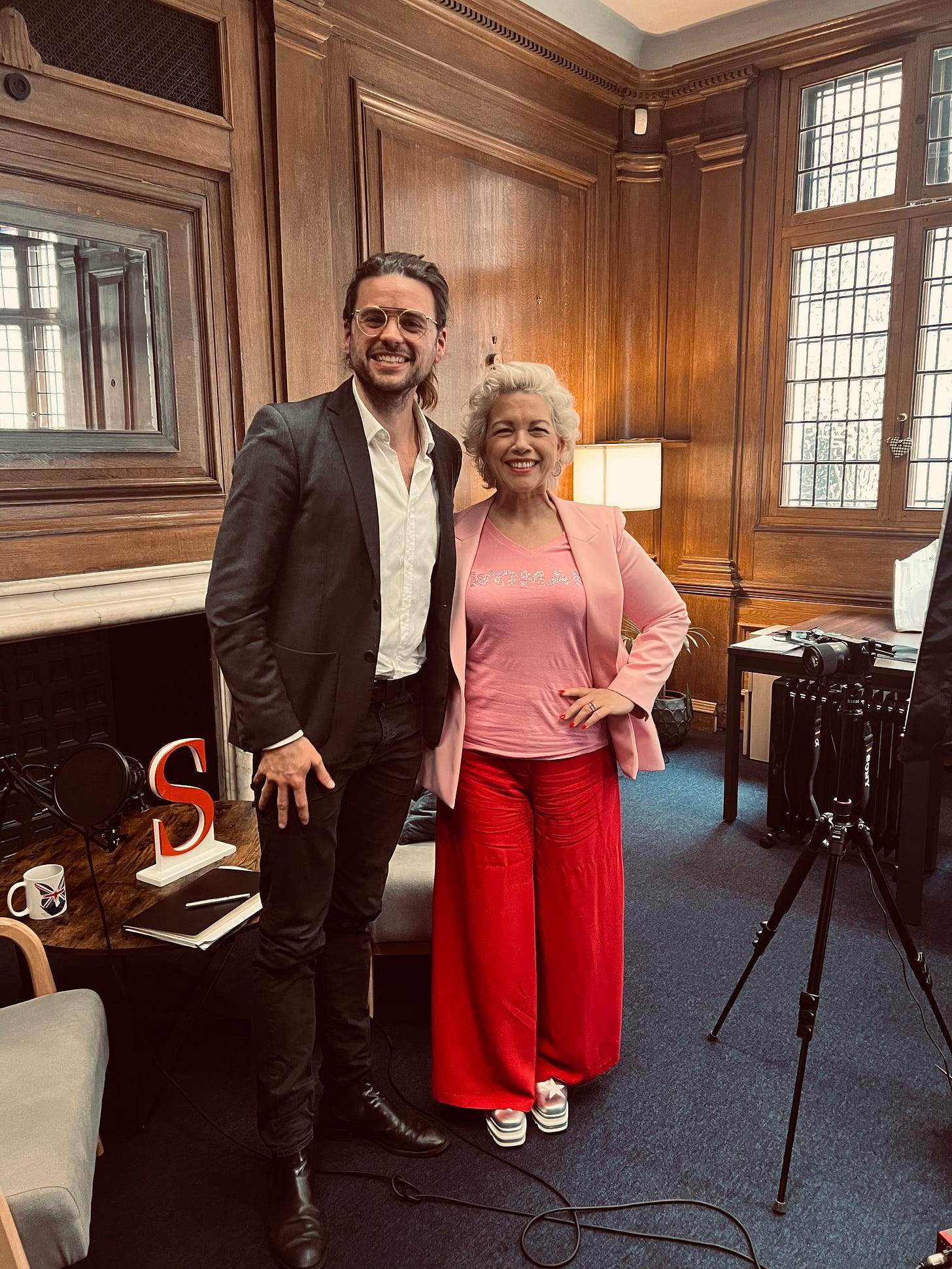Marshall Matters Podcast
Posie Parker - Lightning Rod of the Feminist Movement
Posie Parker, aka Kellie-Jay Keen, is back from her Let Women Speak tour of Australia and New Zealand. She feared for her life as trans radical activists mobbed and hounded her events.
“I was sure in that moment, on the New Zealand leg of my ‘Let Women Speak’ tour, that the trans activists who surrounded me would trample me to death if they could” - Kellie-Jay Keen in The Spectator
Joining me in The Spectator studio Kellie-Jay tells me what happened, why she went in the first place and the state of the gender wars in Australia. What did she think about the politicians and media coming after her?
We had a look back into her own history and how this lady became the lighting rod of the contemporary feminist movement and how she found herself in the crossfires of the ever-raging Trans Wars.
She also tells me about her plans to run against Sir Keir Starmer at the next election with a new political party - The Party of Women. It seems that Ms Keen is only just getting fired up.
But most importantly I found out what exactly Posie Parker wants. It might be obvious to some, but the answer to that question is the answer to why she is such an important figure today.
LINKS BELOW
Enjoy, WM





Thank you both for standing up for what you believe in.
Thanks for providing this illuminating interview. As someone deeply invested in the teaching of women’s literature, this conversation is particularly thought-provoking. In most works of foundational women’s literature, any semblance of female autonomy is undermined by women being coerced to disregard what they know to be true for themselves & within their defining frames of reference. I am so encouraged by the investment of my students in examining how these themes have genuine value in understanding the complex socio-cultural realities of our own era. Winston--Thanks for your courage, graciousness, & engagement in presenting this type of controversial issue in a forum where you value listening over pushing an agenda. This is the ultimate form of respect to your interview subjects & to your audience members as well--a unifying strategy rarely applied in our media landscape today.